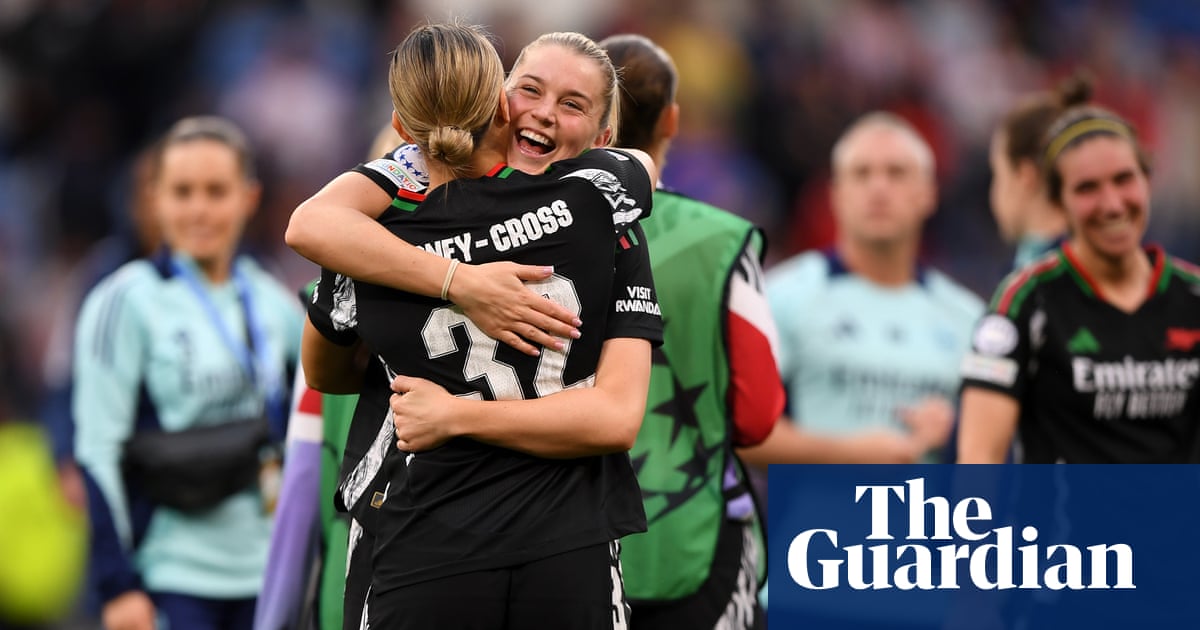The recent article highlights Arsenal Women's Football Club's impressive achievement in securing a spot in the Champions League final after a decisive 4-1 victory over Lyon. This victory not only signifies a major milestone for Arsenal but also underscores the competitive nature of women's football, especially as it contrasts with Chelsea's elimination by Barcelona.
Purpose of the Article
The article aims to celebrate Arsenal's success while also providing context about the broader landscape of women's football. By showcasing the highs of Arsenal’s journey and the lows faced by other teams, such as Wolves, the piece emphasizes the dynamic nature of the sport. It serves to bolster interest in women's football, particularly as the season approaches its conclusion.
Public Perception
Through this coverage, the article seeks to foster a positive sentiment towards women's football, highlighting its growth and competitiveness. It may encourage greater viewer engagement and support for women's teams, which is critical for the sport's development.
Potential Omissions
While the article focuses on Arsenal and the broader league context, it might downplay underlying issues, such as the challenges faced by clubs like Wolves in securing promotion. This selective emphasis can shape perceptions about the overall health and opportunities within women's football.
Manipulative Nature
In terms of manipulativeness, the article does not overtly present false information; however, it could be seen as selectively highlighting successes while glossing over challenges in the sport, which could mislead readers about the state of women's football.
Factual Accuracy
The article appears to be accurate in its reporting of events, as it details actual match outcomes and the current standings of teams in the league. This lends credibility to the piece, although the focus on only certain narratives may create an incomplete picture.
Subtle Connections
This article connects to other narratives in sports media that are increasingly focusing on women's sports, reflecting a broader trend towards recognition of women's achievements in athletics. This can be seen in the growing media coverage of women's leagues and competitions.
Impact on Society and Economy
The success of teams like Arsenal can positively influence the growth of women's sports, potentially leading to increased sponsorships, attendance, and overall investment in women's football. This could also impact community engagement and youth participation in sports.
Target Audience
The article likely appeals to fans of Arsenal, women's football enthusiasts, and those interested in sports equity. It resonates with audiences that value progress in women's sports and may attract new followers to women's football.
Market Influence
While this specific news piece may not directly impact stock markets, the growing visibility of women's sports can influence related sectors, such as sports merchandise and broadcasting rights. Companies investing in women's sports might see long-term benefits as viewership increases.
Global Context
In a broader context, the article contributes to discussions about gender equity in sports, aligning with ongoing global movements advocating for greater recognition and support for women's achievements across various fields.
Use of AI in Article Composition
It is possible that AI tools were employed in drafting this article, particularly in structuring the content and ensuring clarity. AI models could assist in analyzing data and trends in women's football, influencing the narrative style or focus areas.
Overall Trustworthiness
The article maintains a high level of trustworthiness due to its factual reporting and alignment with known events in women's football. However, the selective focus on certain narratives could raise questions about the completeness of the information presented.
